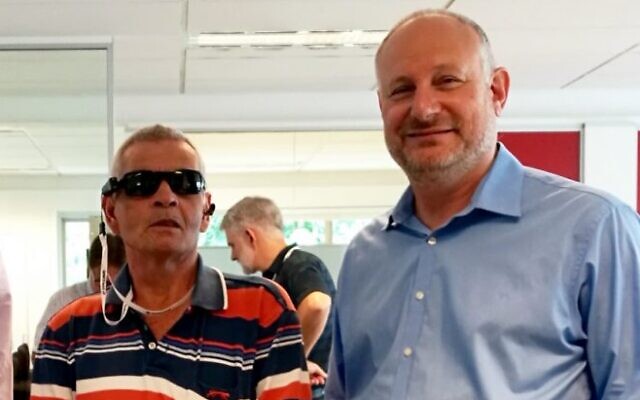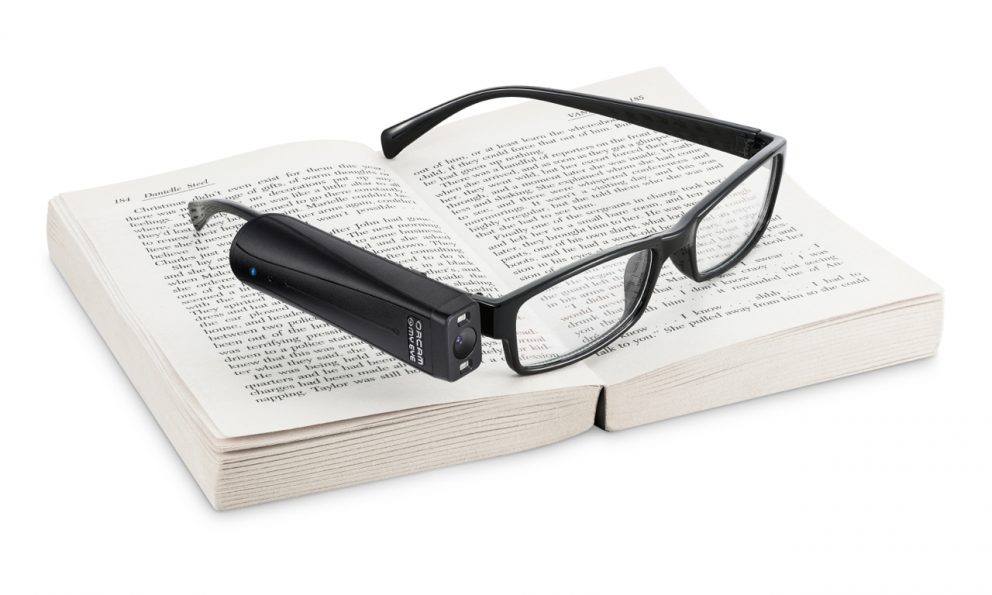OrCam’s eye-opening high-tech arrival in Australia
Blind or vision impaired Australians now have access to the world's most advanced wearable assistive vision technology, produced by Israeli firm Orcam.

BLIND or vision impaired Australians now have access to the world’s most advanced wearable assistive vision technology, produced by Israeli firm OrCam, thanks to a partnership with Quantum and Vision Australia.
OrCam’s MyEye and MyReader products fit onto the side of glasses and communicate essential visual information to users via headphones, hearing aids or speakers.
They can scan and read to the wearer notices, signs, barcodes, banknotes, documents and even entire books.
The latest models include voice command operation, barcode learning, and Bluetooth connectivity, and soon an app will be launched to offer more real-time functions, including language translation.
During a visit to Sydney, Melbourne and Perth last month, OrCam’s Israel-based international business development manager Leon Paull described the technology as “life changing” for its ability to empower its users to become more independent using the latest artificial intelligence (AI) advancements developed in Israel.
“OrCam was established in 2010 by Professor Amnon Shashua and Ziv Aviram – the co-founders of autonomous vehicle and collision avoidance system innovators Mobileye – in order to apply the same core AI technology to serve human needs, and the first and most obvious application was to help people with vision problems” Paull said.
“Our devices could already be directed by using human gestures like pointing, but now with voice recognition, users can simply tell the device what to do.
“The small size makes it a discreet device, which is particularly important for users of school age.
“I’ve seen endless examples of how this technology changes lives – people who have long lost the ability to read can now pick up a book and enjoy reading it from cover to cover.”
Paull said OrCam products can be purchased in Australia via Quantum or Vision Australia, and arrangements made for home visits and demonstrations, so that people can try them first.
He added there are also access pathways to OrCam products available through the Department of Veterans Affairs, the Job Access Scheme, and to some extent the National Disability Insurance Scheme (NDIS).
“While a national program like the NDIS does make the Australian market attractive to us, we are unfortunately seeing the NDIS rejecting many applicants from being able to adopt this type of technology at the moment, because of superficial comparisons to cheaper alternatives that don’t best serve users’ needs,” Paull said.
“This is something that needs to be addressed.”
For more information, visit www.orcam.com.
SHANE DESIATNIK


comments